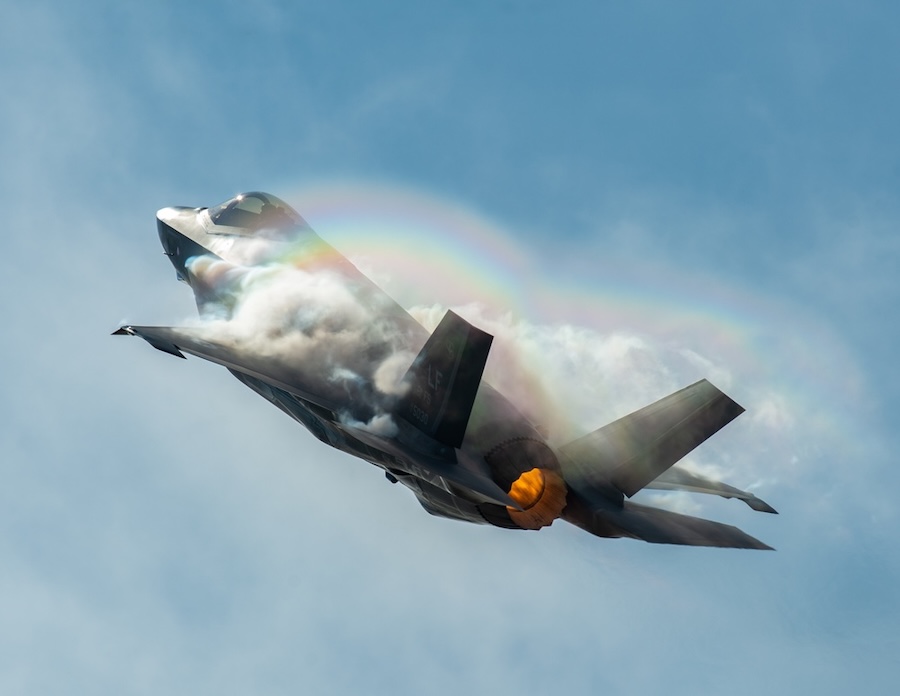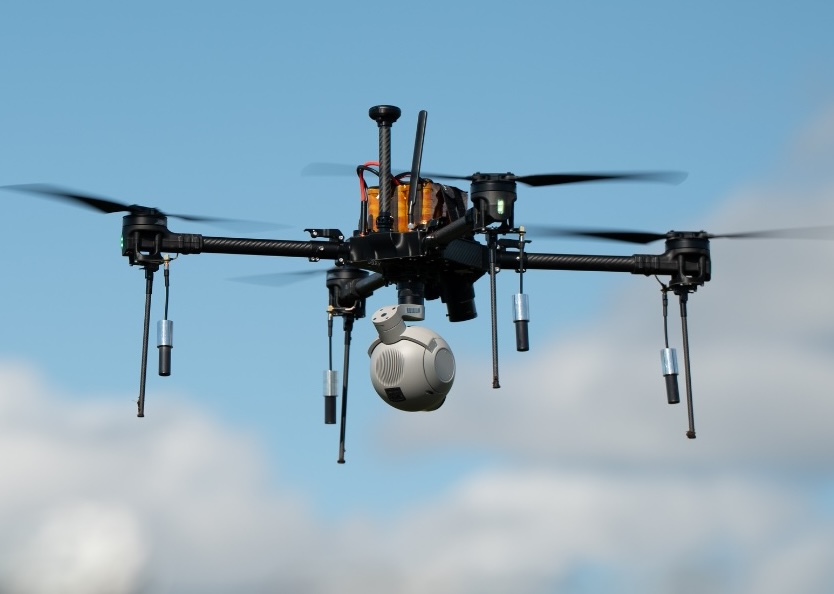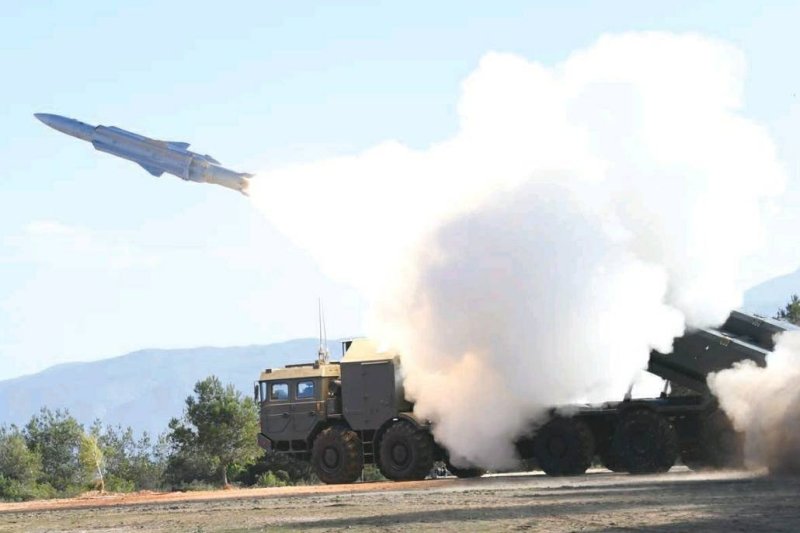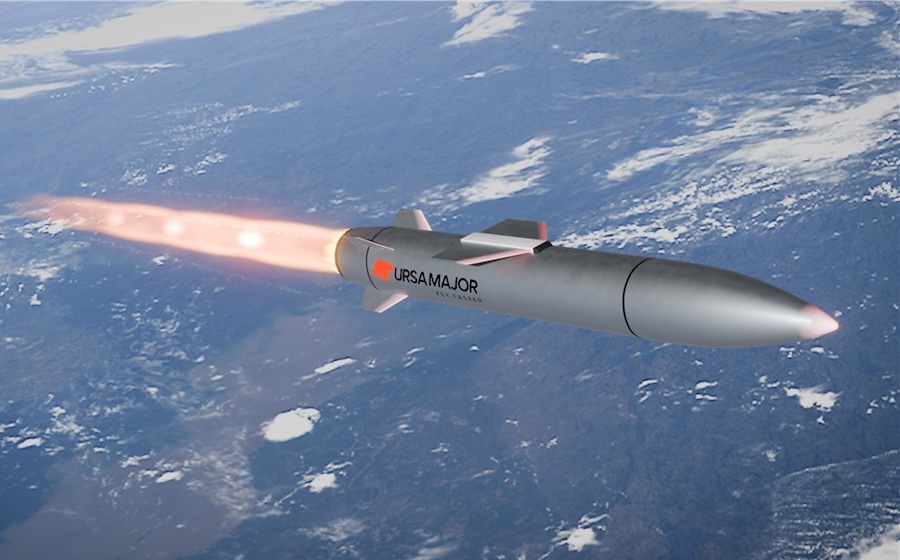The test follows a successful trial in July 2024, in which Mistral 3 demonstrated the ability to shoot down drones with low infrared signatures. These types of threats are increasingly difficult for conventional defence systems to detect and engage.
Thanks to advanced flight control, improved guidance, and enhanced image processing, the upgraded Mistral 3 can now counter not only FIAC boats but also unmanned surface vessels (USVs) and other small naval threats. According to MBDA, Mistral 3 is currently the only combat-proven, very short-range air defence missile with validated effectiveness against such targets, both by day and night.
The missile is integrated into the SIMBAD-RC system, which has also been upgraded to strengthen ship defences against saturation attacks. Together, the improvements significantly boost the self-protection capabilities of naval platforms against both airborne and maritime threats.
In its July trial, Mistral 3 also intercepted a Shahed-type drone, demonstrating its enhanced anti-drone mode. This capability contributes to MBDA’s SKY WARDEN system, which uses Mistral 3 as a key element of its layered defence against unmanned aerial systems.
“With these successful tests, the upgraded Mistral 3 is now fully qualified to counter the new threats that armed forces face today,” MBDA stated. “The updates make the system more versatile and effective across a wider range of air and naval threats.”
MBDA added that the enhancements “highlight MBDA’s commitment to helping our armed forces maintain an edge by offering modern, reliable and sovereign solutions to today’s fast-changing challenges.”





















